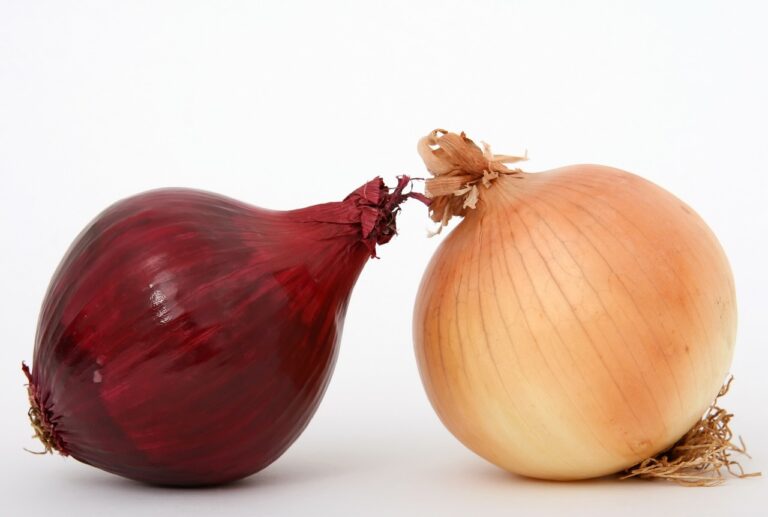Bariatric Surgery and Food Intolerances: How to Manage Them: All pannel .com, Play99exch win login, Gold365
all pannel .com, play99exch win login, gold365: Bariatric Surgery and Food Intolerances: How to Manage Them
If you’ve undergone bariatric surgery, you know how life-changing it can be. But did you know that after the surgery, you may develop food intolerances? These intolerances can make it challenging to maintain a healthy diet and can even lead to unpleasant symptoms. In this blog post, we’ll discuss how to manage food intolerances after bariatric surgery.
Understanding Food Intolerances
After bariatric surgery, your stomach size is reduced, and your digestive system is altered. This can lead to changes in how your body processes and tolerates certain foods. Food intolerances occur when your body has difficulty digesting specific foods, leading to symptoms such as bloating, gas, diarrhea, and stomach pain.
Managing Food Intolerances
1. Keep a Food Journal: To identify which foods are causing your symptoms, keep a detailed food journal. Note the foods you eat and any symptoms you experience afterward. This will help you pinpoint which foods are causing your intolerance.
2. Avoid Trigger Foods: Once you’ve identified your trigger foods, avoid them as much as possible. This may mean eliminating certain foods from your diet altogether or consuming them in small quantities.
3. Experiment with Cooking Methods: Some cooking methods, such as grilling or steaming, may make certain foods easier to digest. Experiment with different cooking techniques to see which works best for you.
4. Focus on Protein: Protein is essential for post-bariatric surgery patients. Be sure to include lean sources of protein in your diet, such as chicken, fish, eggs, and tofu. Protein can help you feel full and satisfied while providing your body with essential nutrients.
5. Consider Supplements: If you’re unable to tolerate certain foods, consider taking supplements to ensure you’re getting all the necessary nutrients. Talk to your healthcare provider about which supplements may be right for you.
6. Stay Hydrated: Drinking plenty of water is crucial after bariatric surgery. Aim to drink at least 64 ounces of water per day to stay hydrated and aid digestion.
FAQs
Q: How common are food intolerances after bariatric surgery?
A: Food intolerances are relatively common after bariatric surgery, with up to 30% of patients experiencing them.
Q: Can food intolerances improve over time?
A: Yes, food intolerances may improve over time as your body adjusts to its new digestive system. However, some intolerances may persist long-term.
Q: Should I consult a dietitian for help managing food intolerances?
A: Yes, consulting a dietitian who specializes in bariatric surgery can be beneficial. They can help you create a personalized meal plan that takes into account your specific food intolerances and nutritional needs.
Q: What should I do if I suspect a food intolerance?
A: If you suspect a food intolerance, keep a food journal and talk to your healthcare provider. They can help you identify the culprit and suggest ways to manage your symptoms.
In conclusion, managing food intolerances after bariatric surgery may require some trial and error. By keeping a food journal, avoiding trigger foods, focusing on protein, and staying hydrated, you can help alleviate symptoms and maintain a healthy diet. Remember to consult with your healthcare provider or a dietitian for personalized guidance on managing food intolerances post-bariatric surgery.







